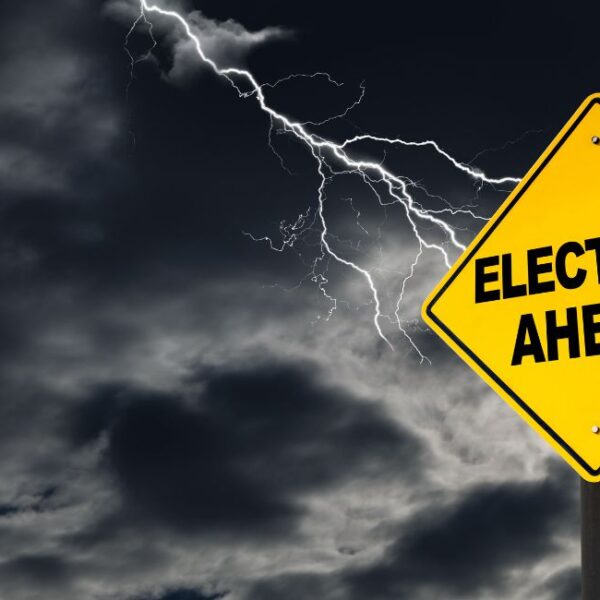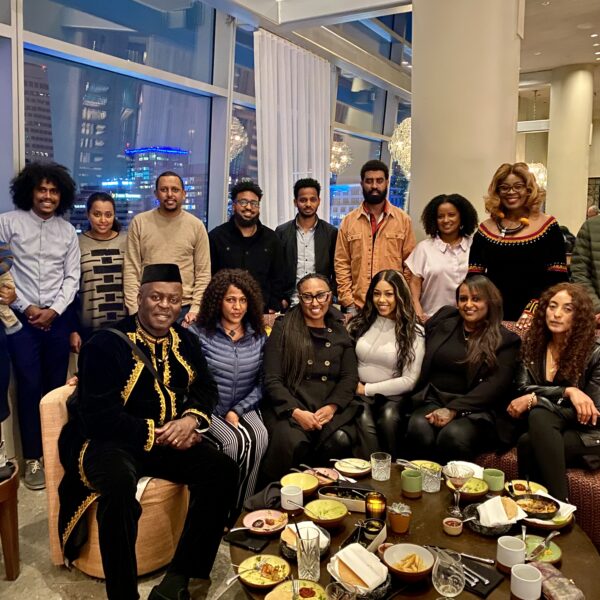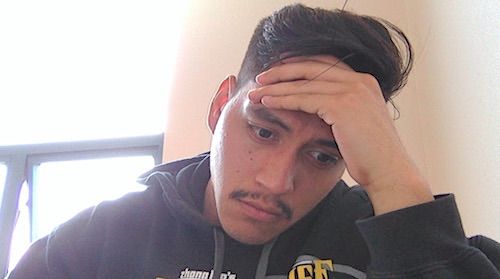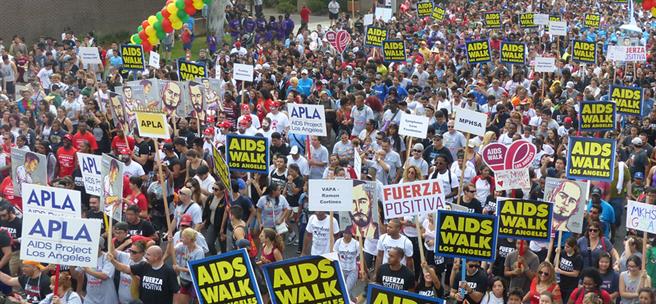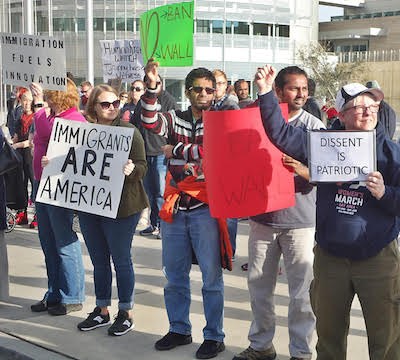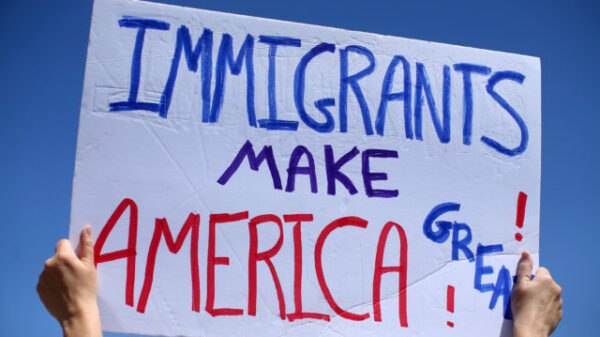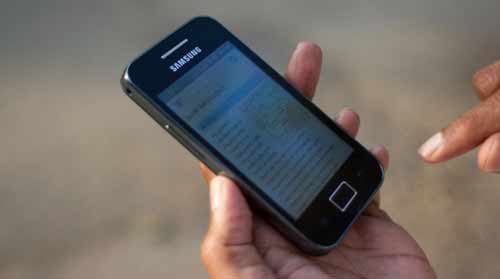New America Media, Question & Answer, Andrew Lam
Mai-Khanh Tran, MD, has been a pediatrician in Orange County for over 22 years. A member of the Progressive Vietnamese-American Organization (PIVOT) she says she’s “incensed” by GOP efforts to repeal the Affordable Care Act. She was interviewed by NAM editor, Andrew Lam.
You’ve been a physician for a long time, how would you characterize the Affordable Care Act?
As a physician on the front-line, I want to give you the real story behind the impact of the attempt to repeal and replace the Affordable Care Act (ACA) on actual lives. Rising health care cost has been and is one of the most important concerns to the American people; healthcare debt is one of the main reasons why people declare bankruptcy and enter poverty. Before 2014, there were approximately 45 million uninsured people in America. People are uninsured because their employers do not provide health insurance benefit or they are self-employed/unemployed and cannot afford to buy insurance or they have pre-existing conditions that make health insurance too costly.
The ACA addressed the problem by making it a mandate for employers, at the risk of penalty, to provide basic health insurance with preventative care and women’s health, by providing subsidies for people who cannot afford to buy individual coverage, by expanding Medicaid eligibility to cover the working poor, and by making sure that people with pre-existing conditions can buy insurance and that children can stay on their parents’ plan until the age of 26.
Since its roll-out in 2014, the ACA has successfully reduced the number of uninsured Americans by 15 to 20 million, depending on the sources. It has not been easy but everyone has had two years to adjust. Employers have accepted the mandate to provide coverage for their employees and have budgeted that in as a cost of doing business. Doctors have also adjusted to the increase in work, particularly with the implementation of electronic medical record that allows for better patient management.
The roll-out period was hard but we are now ready to reap the benefit of a program that shares the cost between the young and the old, the sick as well as the healthy, the providers and the patients, a program that emphasizes preventative care to lessen the impact of catastrophic illnesses and to decrease emergency room utilization, the very reasons that drive healthcare costs up at an alarming rate every year.
What do you make of the GOP proposal to replace ACA?
All that work is now going to be wasted by the GOP proposal. We have taken two hard-earned steps forward, now three back. The American Health Care Act (AHCA) will repeal the coverage mandate by eliminating the penalty to employers and individuals. Subsidies will be taken away and replaced by tax rebate. The AHCA will also limit the expansion and reduce the payment to Medicaid. What is the actual impact? The Congressional Budget Office, a non-partisan group, projected that the uninsured number will rise by 14 million by next year and 24 million in ten years. No doubt the people most affected will be the elders and the poor.
Can you provide some examples of those who benefited from ACA?
Here are two examples of real patients, possibly your neighbors or friends, who benefited from the ACA and whose well-being will be jeopardized by its replacement. A nail-shop worker has finally been able to get health insurance for her family with the subsidies under the ACA. It could not have come at a better time because her daughter, my patient, developed a brain tumor that required extensive and expensive treatment. With the new plan, she would not get any subsidy; the tax rebate will not do her any good since she does not make enough anyway. Another case is my relative, a healthy 48 yr old man who would not have bought health insurance had it not been for the ACA. He suffered a stroke while playing basketball and is now in the ICU at a Kaiser hospital. Imagine the cost to his family and the community if he did not have the requirement but also the subsidy under ACA to get health insurance. Who would have thought that a perfectly healthy man would need major medical coverage until he needs it?
And then there are my elderly parents and this hit home, hard. My dad, until his death, was worried every day about the high cost of healthcare and this thought still pains me until today. My mom spends more than half of her fixed-income on purchasing supplemental care to her Medicare coverage. Ironically, she feels lucky that she can even afford that. Should our seniors spend their last days worrying about healthcare affordability? The new plan will hit the elderly more than anyone else and that is unconscionable.
What do the American people really want in your opinion?
We do not want socialized medicine, we do not want the freedom to gamble on our health, we do not want unlimited choices, we just want affordable healthcare for the majority of us. You can call it by whatever name, but we need and want affordable care, and we want it now.
In this age of “fake news” and “alternative reality,” it is more crucial than ever that we have clear and accurate information to make informed decisions. We are sick and tired of party-politics, name-calling, and name-changing.
Just a few weeks ago, the US President said that he did not realize how complicated healthcare reform is. Those of us in the field know that it is very complicated but we also see the urgent need for affordable care and its impact on lives every day. The American people want affordable healthcare and we need our elected officials to listen to us. It is that simple.
Andrew Lam is an editor at New America Media in San Francisco and the author of “Birds of Paradise Lost,” a collection of stories about Vietnamese refugees in San Francisco, “East Eats West: Writing in Two Hemispheres,” a book of essays on East-West relations, and a memoir, “Perfume Dreams: Reflections on the Vietnamese Diaspora.”


